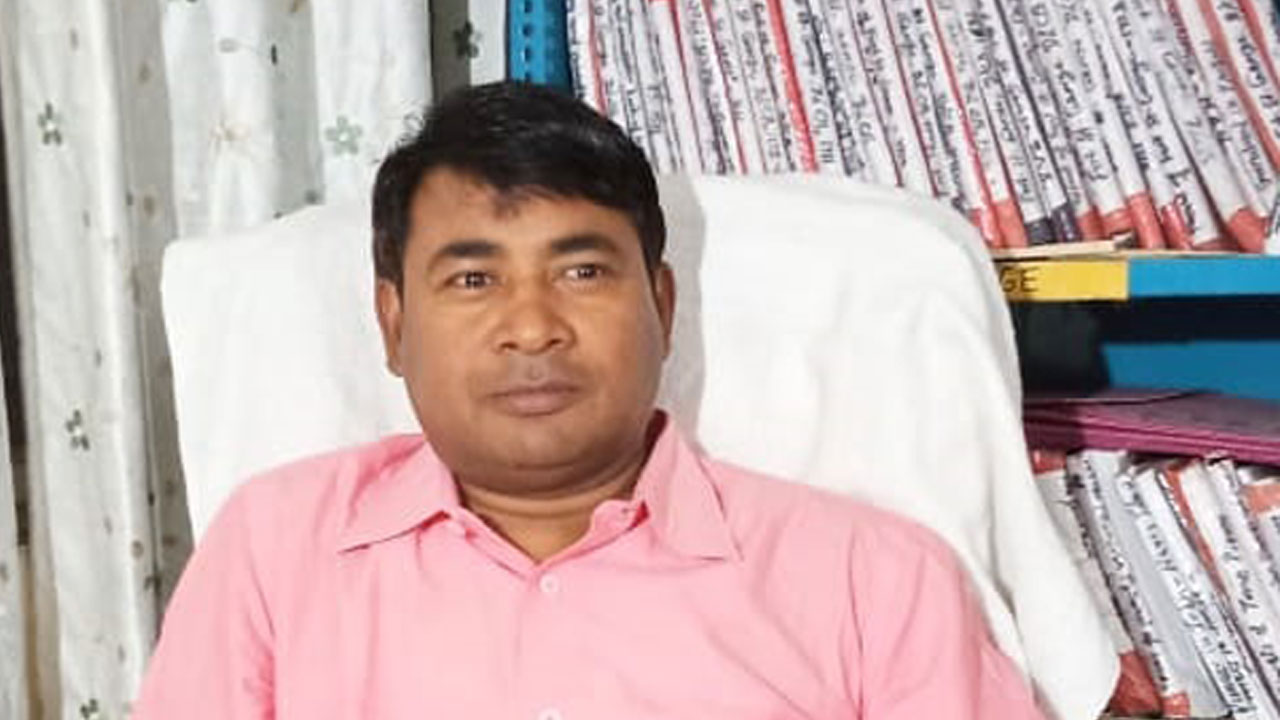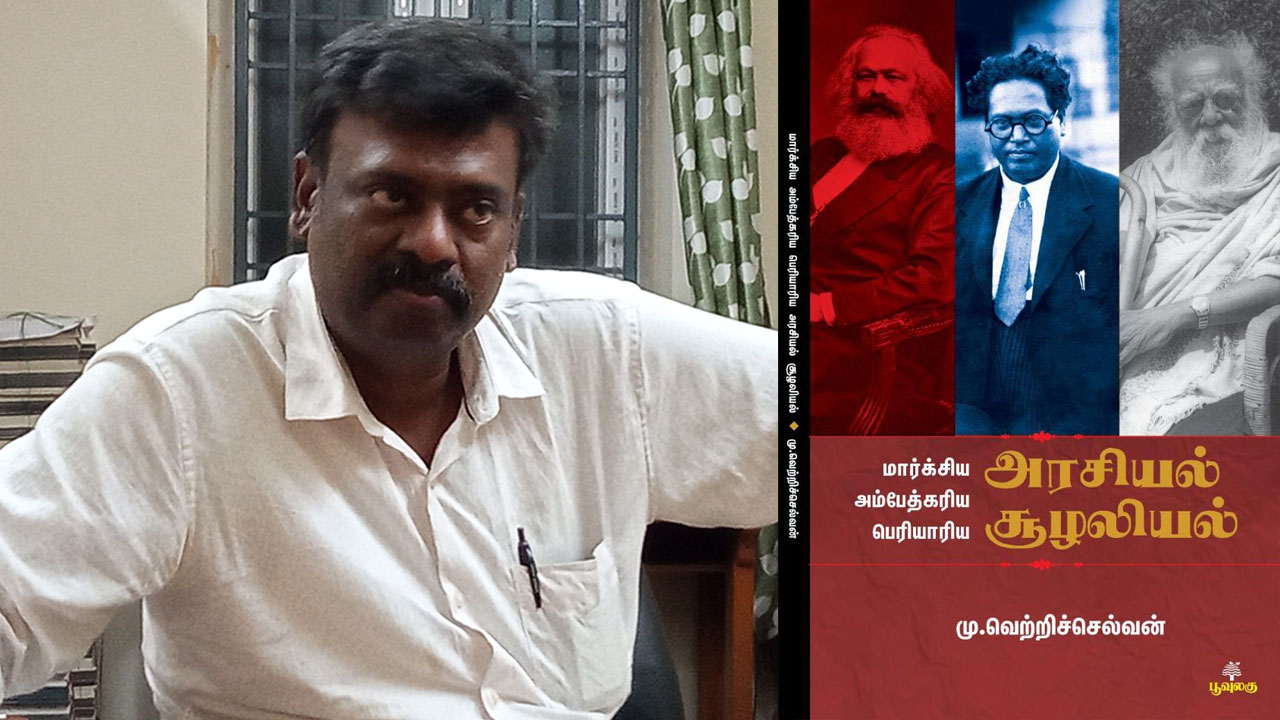On paper, building “insanitary” (dry) toilets and employing people to clean them became illegal in 1993. But on the ground, the members – mostly women – of Haila and Valmiki communities wouldn’t dare look anywhere else for sustenance other than the job into which they had been told they were born. Manual scavenging – which requires these women to carry human excrement – continued. Then, in September 2013, the Prohibition of Employment as Manual Scavengers and their Rehabilitation Act was passed by the Parliament, putting the onus on the government to identify and rehabilitate manual scavengers by providing them alternative sources of employment. (Unfortunately, the act has also let the government wash its hands of so many of them who were freed from manual scavenging before 6 December 2013, the day the law came into force.)
What led to the enactment of the law was the Maila Mukti Yatra 2012-13, organized by Jan Sahas, an NGO based in Dewas, Madhya Pradesh, to wake up the privileged, urban India to the reality of manual scavenging and to liberate the manual scavengers in the areas that fell on the route of the yatra. The participants liberated 5,000 manual scavengers – a drop in the ocean that consists of those who work the estimated 800,000 dry toilets in the country as well the thousands of others employed by the Indian Railways to clean its faeces-covered tracks. As these photos (courtesy of Jan Sahas) show, manual scavengers are still hard at work, but the battle against the abhorrent tradition has begun in earnest:


Published in the March 2015 issue of the Forward Press magazine
Forward Press also publishes books on Bahujan issues. Forward Press Books sheds light on the widespread problems as well as the finer aspects of the Bahujan (Dalit, OBC, Adivasi, Nomadic, Pasmanda) community’s literature, culture, society and culture. Contact us for a list of FP Books’ titles and to order. Mobile: +919968527911, Email: info@forwardmagazine.in)










